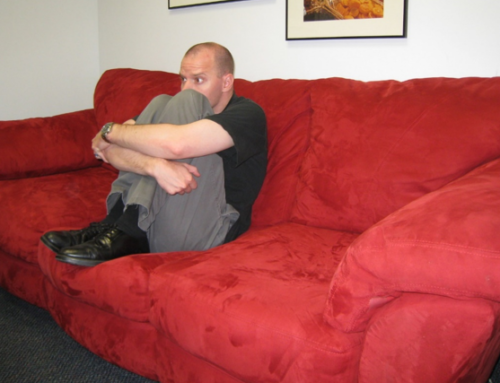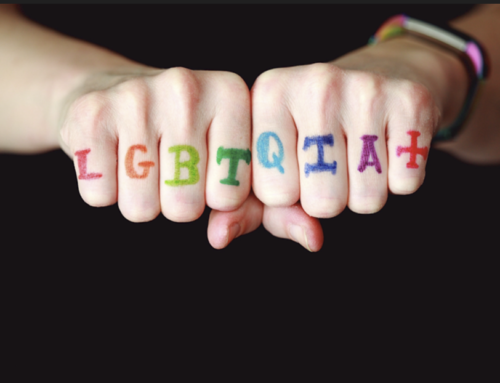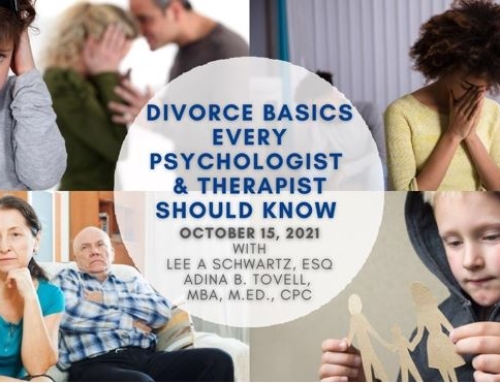Written By: Emily D. Browning, M.Div., MSW, LCSW, ACHP-SW, CCTP
Most of us have felt it – that heart-racing, palm-sweating, face-flushing response to witnessing an action that goes against everything we believe in – in the moment before we decide whether to speak up. In the best case scenario, we can use these feelings to act and make changes. When we can’t or don’t act though, our internal suffering is called moral distress.
What Causes Moral Distress?
Moral distress (also known as moral injury) results from the internal conflict that occurs when we know the ethically appropriate action to take in a situation but are unable to act on it. Failure to act might be because we felt afraid to speak up or because we were told by an authority figure not to act. First studied in the healthcare world, moral distress differs from typical emotional pain in that it’s rooted in an ethical dilemma (Campbell, Ulrich, & Grady, 2016).
Several decades of literature have documented moral injury among healthcare workers as a result of their feeling powerless to change systemic problems such as chronic understaffing or patients’ unequal access to care. Though there are many root causes of such distress, other common sources include self-doubt, poor communication among team members, and witnessing “false hope” for a cure among patients or their family members (Browning & Cruz, 2018). With the advent of COVID-19, healthcare providers who have to make decisions about rationing medical resources during an outbreak may experience moral distress as a result of making these choices.
Outside of the healthcare world, someone might experience moral distress after witnessing an occurrence of police brutality and feeling powerless to act in defense of the person being abused. Those serving in the armed forces may experience moral injury as a result of choices they are forced to make as soldiers.
Why is Moral Distress a Problem?
Unresolved moral distress can cause emotional pain such as guilt, grief, anger, or eventually cynicism and apathy. Some may experience physical symptoms such as insomnia, headaches, or stomach upset. Emotional suffering of workers over time can cause compassion fatigue and burnout and lead to skilled workers leaving their jobs. This is of particular concern during a time when job markets are shifting, and many healthcare systems are having difficulty retaining employees.
How Do I Know if I’m Feeling Moral Distress?
- Ask yourself if you have felt morally or ethically uncomfortable recently. Is there a particular incident you just can’t get out of your head? For example: Did you witness a vulnerable person being mistreated and feel unable to act? Are you a healthcare worker experiencing the effects of under-staffing and resource shortages?
- If you answered “yes” to #1, consider whether you have greater-than-usual feelings of grief, guilt, anger, or apathy, especially related to thoughts of the incident you identified above.
- Sometimes moral distress shows up in ways we behave, perhaps in emotional outbursts or shutdown, increased aggression, boundary violations (such as becoming over or under-involved with a specific client or cause), or increased use of substances like alcohol.
- You may notice that you find less meaning in activities you used to enjoy, such as spending time with family or participating in a faith community. Those with very deep moral injury will sometimes experience an existential crisis or disruptions in their religious beliefs.
What Can I Do if I’m Experiencing Moral Distress?
- Identify the values and assumptions that contribute to your ethical worldview. What values do you hold that were broken in the incident that led to your distress?
- Try perspective-taking: can you see the distressing incident you identified from another point of view? Is it possible to speak with someone else involved in the incident about their experience?
- Discuss ethical concerns and instances of moral distress with someone you trust: at work (if your distress is work-related), or with a friend, mentor, or faith leader.
- Especially if you’re a healthcare worker, ask to debrief difficult clinical situations in a structured conversation with your team.
- Watch your self-talk. You might be beating yourself up for a situation over which you had very little control or few good choices. Even a shift from, “I should have done better” to “I did the best I could under the circumstances” can be helpful.
- Speak up respectfully and constructively when organizational processes are contributing to situations that cause ethical dilemmas and distress (Varcoe, Pauly, Webster, & Storch, 2012).
- If distress is causing compassion fatigue, burnout, or other issues in functioning, seek formal counseling.
Don’t Lose Hope
Encountering ethical dilemmas and experiencing moral distress are normal parts of living and working in a complex world. Try as we might, we will never avoid all ethically troublesome situations. Facing moral injury can feel overwhelming, especially if it’s been building up over time (Epstein & Hamric, 2009). The incident (or incidents) that led to the injury can’t be erased. However, there are evidence-based strategies, such as those listed above, for coping with its effects and reintegrating the parts of ourselves that have been damaged (Reamer, 2021). When we’re willing to face our ethical dilemmas and work toward appropriate solutions, we can re-connect with joy and meaning in both our work and personal life.
Citations
Browning, E. & Cruz, J. (2018). Reflective debriefing: A social work intervention addressing moral distress
among ICU nurses. Journal of Social Work in End-of-Life and Palliative Care, 14(1), 44-72. DOI:
10.1080/15524256.2018.1437588.
Campbell, S.M., Ulrich, C.M., & Grady, C. (2016). A broader understanding of moral distress. The
American Journal of Bioethics, 16(12), 2-9.
Epstein, E.G. & Hamric, A.B. (2009). Moral distress, moral residue, and the crescendo effect. Journal
of Clinical Ethics, 20(4), 330-42.
Reamer, F. G. (2021). Moral distress and injury in human services: Cases, causes, and strategies for
prevention. Washington, DC: NASW Press.
Varcoe, C., Pauly, B., Webster, G., & Storch, J. (2012). Moral distress: Tensions as springboards for
action. HEC Forum, 24, 51-62.






